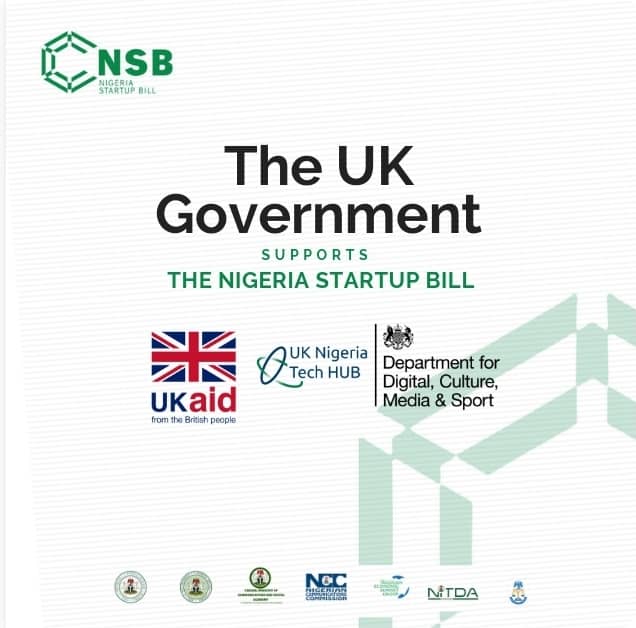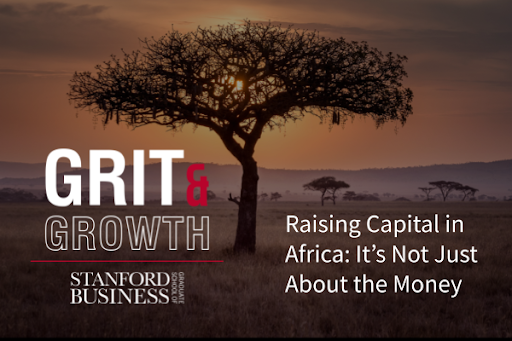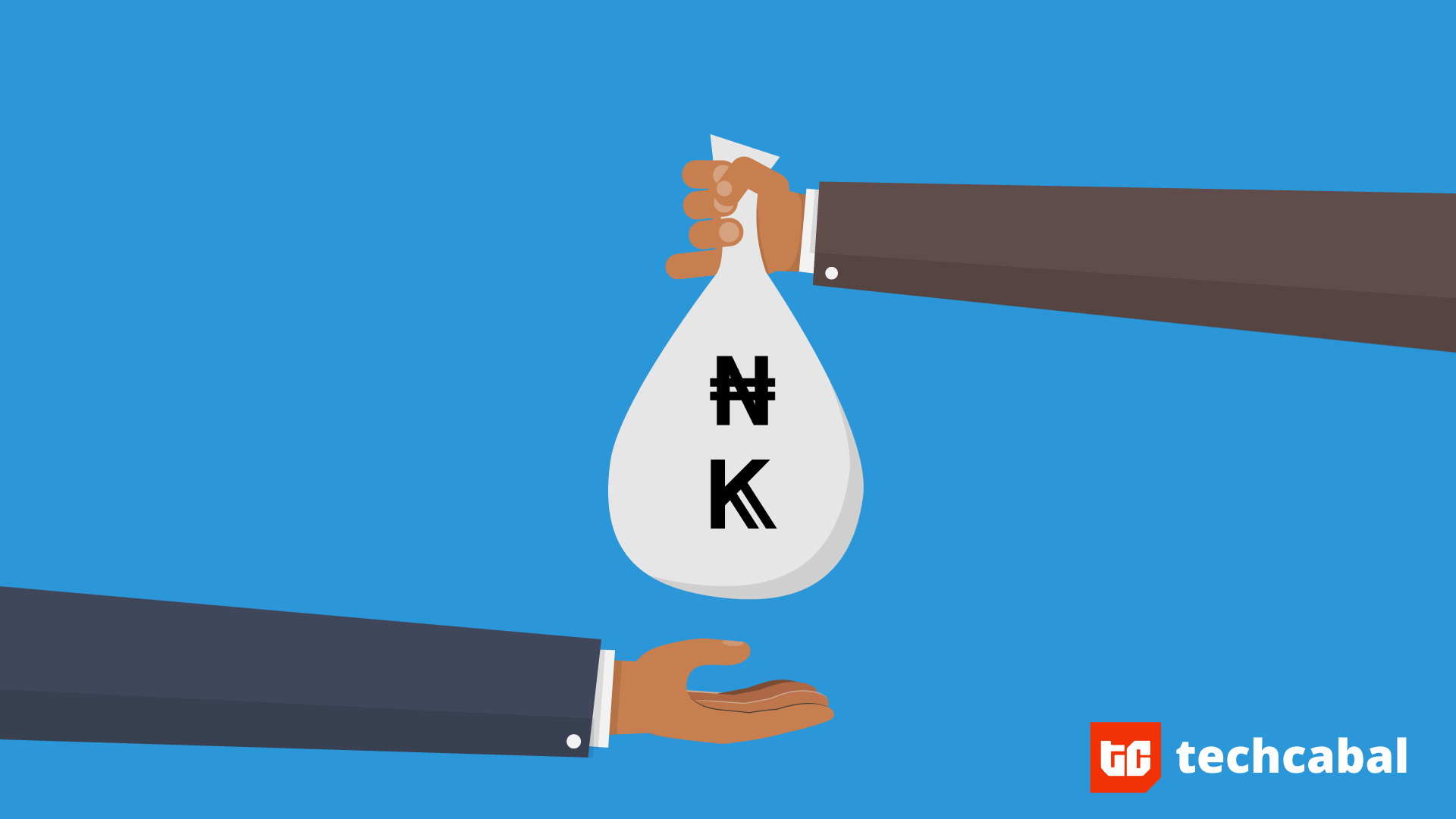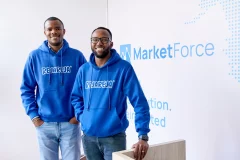
IN PARTNERSHIP WITH

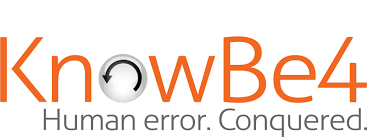
Good morning ☀️ ️
A few days ago, my colleague, Alexandria, and I were discussing the smartphone market in Sub-Saharan Africa and we had a few questions concerning who the biggest smartphone brands in the market are and how these brands were serving low-to-middle income earners.
Well, we found research that has temporarily satiated our thirst.
This research by Mdundo shows that Samsung is the leading brand in Kenya, while Tecno leads in Nigeria and Tanzania. The results were obtained through Mdundo’s Brand Lift tool which measures an aggregated score of a brand’s awareness, favorability, consideration, and purchase intent levels within the Mdundo audience.
Alexandria and I still have a few questions though and I’ll be sure to keep you updated with any answers we find.
In today’s edition:
- Capiter raises $33m to aid expansion into MENA
- Releaf is breathing life into Nigeria’s food processing industry
- Instagram’s adverse effects on young adults
- The UK government partners with the Nigeria Startup Bill on regional town halls
- Events: Data Science Nigeria’s AI Startup Summit
CAPITER RAISES $33 MILLION TO AID EXPANSION INTO MENA

There have been a lot of Series A funding announcements coming out of Egypt lately.
Capiter is joining MNT-Halan, PayMob, MaxAB, and Trella as one of the startups to make such announcements in 2021.
The Cairo-based business-to-business startup has raised a $33 million Series A round to power its expansion across the Middle-East North Africa (MENA) region.
Sidebar: Business-to-business solutions, or B2Bs, are commercial transactions conducted between two or more businesses. An example is Jumia which provides a digital marketplace for other vendors to sell their products for a commission on every purchase. B2Bs don’t deal with the final consumers like me and you, just the businesses that sell to those consumers.
For Capiter, this translates to creating a marketplace where supermarkets, cafes, or even hotels can order their products through an e-commerce checkout and receive credit on their purchases.
Who led Capiter’s funding round?
Quona Capital and MSA Capital led the round. Savola, Shorooq Partners, Foundation Ventures, Accion Venture Lab, and Derayah Ventures signed some cheques.
What’s the startup doing next?
Since its founding in July 2020, Capiter has been focused on solving three predominant problems the retail sector in Africa faces.
The startup is breaking down barriers to direct access between manufacturers and merchants, unstable pricing structures, and a lack of loan options for merchants who often can’t afford to restock.
Over 50,000 merchants currently use Capiter, and with its new funding, the founders want to get even more onboard! Their plan? Well, it involves exploring newer horizons in pharmaceuticals and agricultural products and services.
There’s a bit more in Damilare Dosunmu’s Egypt’s e-commerce startup Capiter raises $33m to expand across the MENA region.
RELEAF IS BREATHING LIFE INTO NIGERIA’S FOOD PROCESSING INDUSTRY
Releaf, a B2B Agritech startup in Nigeria, has just raised $4.2 million in seed funding and grants to scale its technology solution for the oil palm sector in Nigeria.
The startup plans to channel $2.7 million of the funding into scaling its industrial oil palm processing technology while $1.5 million of it will serve as working capital and help in pushing other value-added services for smallholders and small-scale processors.
What problem is Releaf solving?
The oil palm market in Nigeria is estimated at $3 billion, and over 80% of the oil palm production in the country is attributed to these smallholder farmers.
In the early 1960s, Nigeria was the world’s largest palm oil producer with a global market share of 43%. Today, it is the 5th largest producer with less than 2% of the total global market production of 74.08 million MT. Although production has fallen, Nigeria still remains the largest consumer of palm oil in Africa and this means demand is more than supply.
One of the reasons behind this decline is the manual production process for extracting palm oil in Nigeria. The system depends on the majority of 4 million micro-farmers, most of whom extract palm oil using rocks and other inappropriate hardware to crack the nuts open and extract the oil.
The result is low-quality oil that’s worth less the effort put into it.
Relieving the sector
To solve this, Releaf startup built Kraken, an industrialised machine that swallows palm kernel nuts, cracks them, crushes the seeds inside, and then spits out the oil. With Kraken, Releaf processes 500 tonnes of palm kernels per week, and the new funding will help the startup scale production.
But hardware isn’t the only tool Releaf is using to solve the problem. It also has a software solution that’s connecting over 100,000 farmers to loan options.
Read more in Nigeria’s Releaf secures $4.2m funding to industrialize food processing in Africa.
Increase your online sales with a Paystack Storefront – a free, beautiful seller page that helps you bring creative ideas to life.
INSTAGRAM’S ADVERSE EFFECTS ON YOUNG ADULTS
I use my Instagram account for two things. First, is watching cooking shorts where people make the wildest things with chocolate. Second, is for watching workout videos I tell myself I’ll try someday.
One thing I’ve noticed is that the more time I spend glossing over these food shorts, the more I crave sweet things throughout the day. This then translates into how much [time] I spend DMing vendors to deliver pastries to me.
We all know just how much social media influences our outlook, and while one of these ways might be a humorous quip like the one I’ve shared above, others may not be so light.
In fact, this Wall Street Journal article examines just how harmful photo-sharing apps like Instagram and Facebook can be to young people.
1 in 5 teenagers say Instagram makes them feel worse about themselves
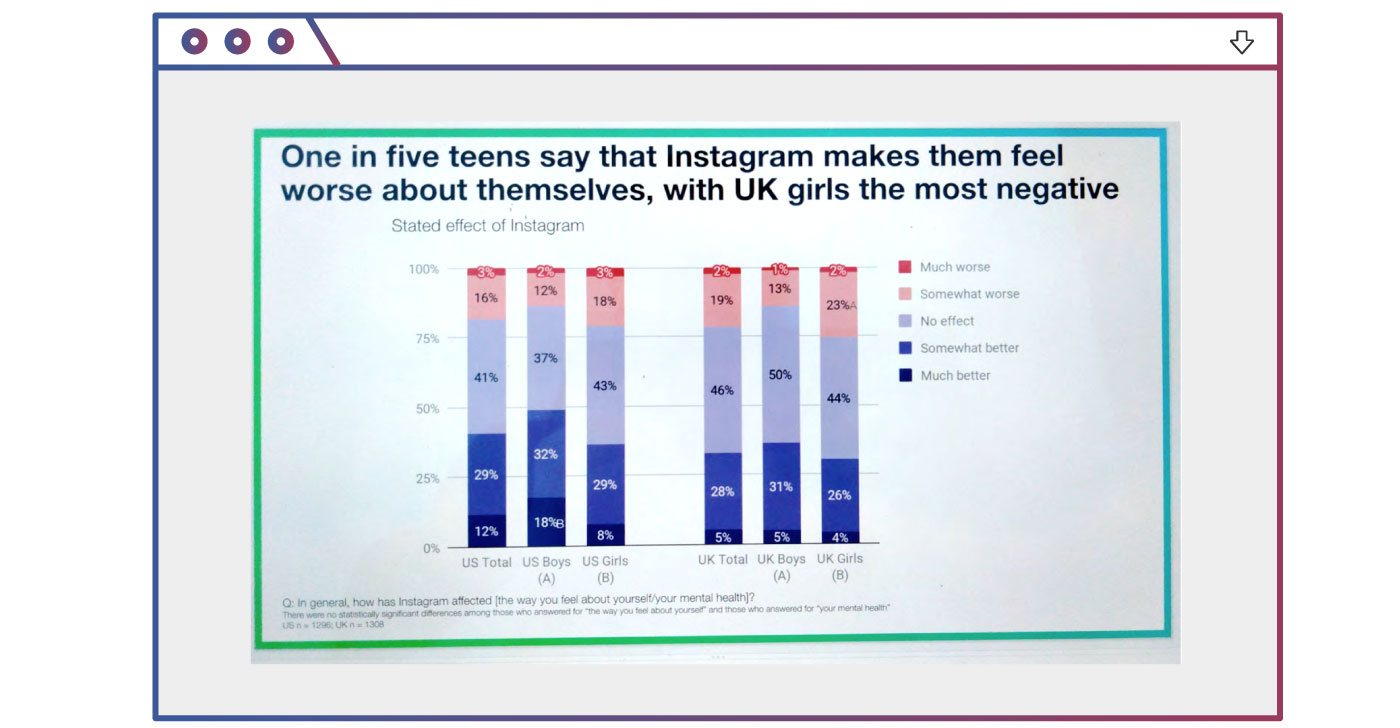
If there’s anything Instagram is known for, it’s the larger-than-life feel the app’s 1 billion users are often exposed to. Instagram focuses on lifestyle, and the body; and there are a lot of profiles filled with the aesthetically pleasing [and often staged] lives of celebrities, and influencers.
Recent research is showing that these profiles, which often litter Instagram’s explore page, are having adverse effects on young people everywhere.
More than 40% of Instagram users are 22 years old or younger and teens spend 50% more time on Instagram than they do on Facebook. Of this number, 1 in 5 say the app makes them feel worse about themselves. In fact, a 2020 research showed that 33% of teenage girls felt that Instagram made them feel worse about their bodies.
It’s not only girls, boys are affected too. In 2019, Facebook researchers found that 40% of young boys on the app are stuck in a cycle of negative comparison.
In essence, many researchers are saying the same thing: the app has adverse effects on mental health.
Is Facebook doing anything to help?
Facebook bought Instagram for $1bn when the app still had 13 staff members in 2012. It’s made considerable investments [and revenues] from the app, and most are targeted at young adults. With pressure to protect the health of its target audience, it’s trying a few things.
Over time, the company has tried a few solutions including hiding the likes so people wouldn’t feel the anxiety that comes with having too little or too many likes but that really didn’t change much.
The problem, as some suspect, isn’t likes but the beautification filters and glossy selfies. To this end, many are calling for Instagram to promote the use of fun filters instead.
In addition, Facebook is also working with a few non-profits to promote emotional resilience and remind teens that they are in control of their experiences on the app.
KB4-CON EMEA is a free, highly engaging, cybersecurity-focused virtual event designed for CISOs, security awareness and cybersecurity professionals in Europe, the Middle East and Africa.
The event will be on Thursday, September 23rd and features keynotes from two of the most well-known figures in cybersecurity. Mikko Hyppönen will cover how our global networks are being threatened by surveillance and crime, and how we can fix our technical, and human, problems. Kevin Mitnick will reveal social engineering tradecraft and insights and wow you with a live hacking demonstration. You can register here.
The UK government partners with the Nigeria Startup Bill on regional town halls
The Nigeria Startup Bill is holding the regional town hall session for the South-West region on the 17th of September at 11 am (WAT). The venue is Impact Hub, 7A Milverton Road, Ikoyi, Lagos.
Interested participants can register to join using this link.
The town hall sessions are an avenue for stakeholders in the geo-political zones to contribute to what goes into the bill. Attendees will be able to share their thoughts and voice any concerns they have.
So far, these sessions have been held in the North-West and North-Central regions.
The UK Government has committed to supporting these sessions through its Africa Technology and Innovation Partnership (ATIP) programme and the UK-Nigeria Tech Hub.
This support will help fund the engagement of relevant stakeholders across the country through these town hall meetings as well as provide access to research and evidence to harness the existing opportunities for start-ups and address the challenges in the current policy and regulatory framework.
Learn more about the UK Government’s involvement here. Other key partners for the NSB include Google.
To stay updated on the bill’s progress, visit the website and follow the NSB on Facebook, LinkedIn, and Medium.
For partnership and other inquiries, send an email to Facebook, hello@startupbill.ng.
Next on the Grit & Growth podcast: meet Elo Umeh, CEO of Terragon Group, a Nigerian marketing and insights firm, and experts from TLcom Capital, and learn how to maximize the value of your firm’s next fundraising round. Listen here.
EVENTS: DATA SCIENCE NIGERIA’S AI STARTUP SUMMIT
Data Science Nigeria, a non-profit accelerating Nigeria’s development through machine learning, is holding the inaugural edition of its AI Startup Lab. The virtual event is scheduled to hold on the 21st of September 2021, at 5 pm (WAT) on Zoom.
Targeted at entrepreneurs, aspiring entrepreneurs, investors, professionals, and tech ecosystem enablers in Africa, the summit is themed on, “Building Nigeria’s Artificial Intelligence Unicorns: How to build scalable startups, leveraging AI and Exponential technologies.”
The speakers for the webinar are Anitha Vadavatha, Co-Founder & CEO, AB Plus Ventures, and Samuel Odeloye, Co-founder & CEO, RoadPreppers.
Find out more here and register for the event here.
What else we’re reading
- China rarely condemns the activities of its companies in Africa. This may soon change as tensions rising in Chinese-owned mining firms in the Democratic Republic of Congo is pushing Beijing to impose strict sanctions.
- There are several things wrong with Africa’s real-estate market and mistrust plays a large role in it. Seso Global, a prop-tech startup, wants to repair the industry by building trust.
- DStv is testing cheaper premium packages in South Africa, and the new feature may allow customers to choose which sports channel they want.
- Softbank recently made its first investment in Saudi Arabia, a $125m backing for communications platform, Unifonic.










